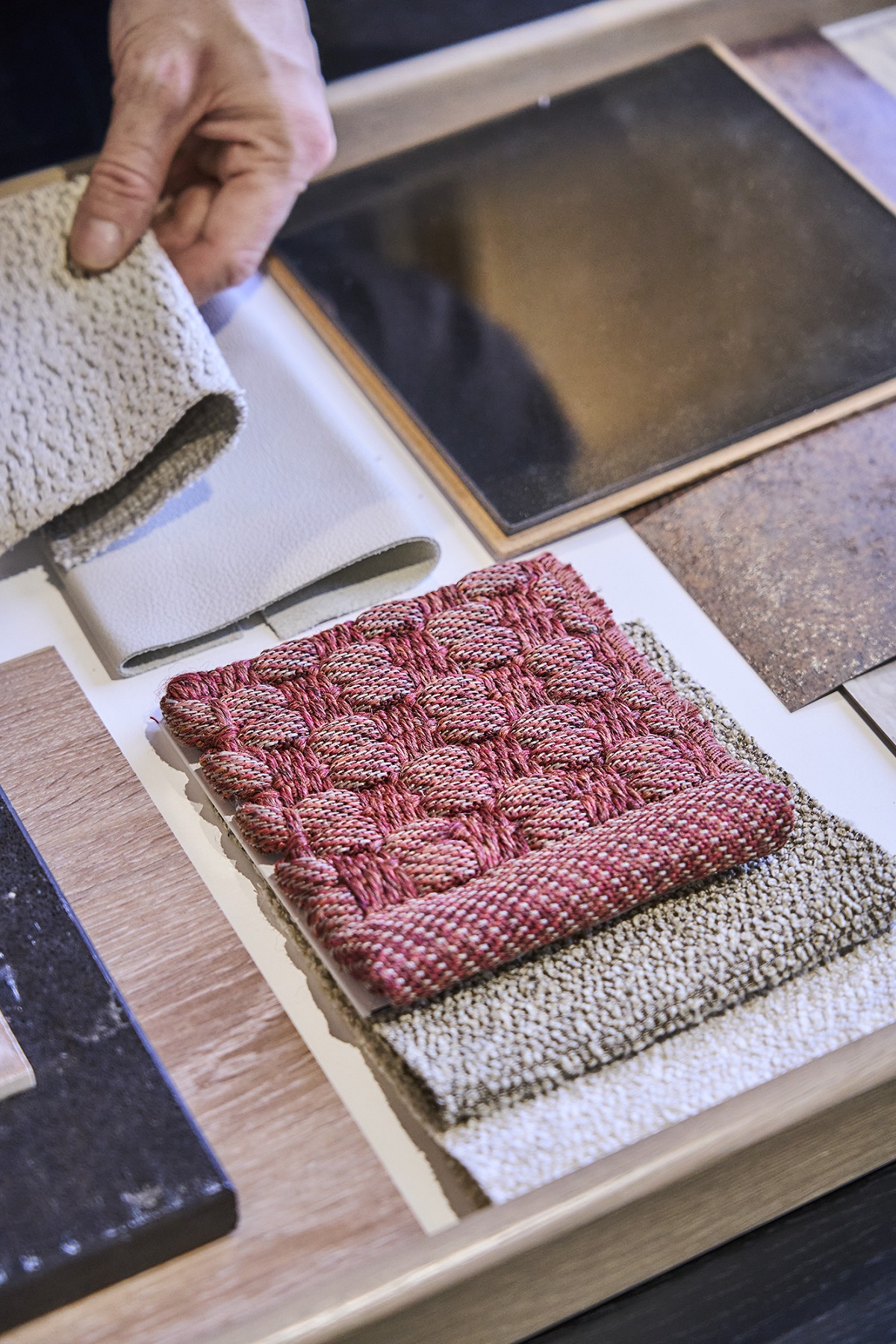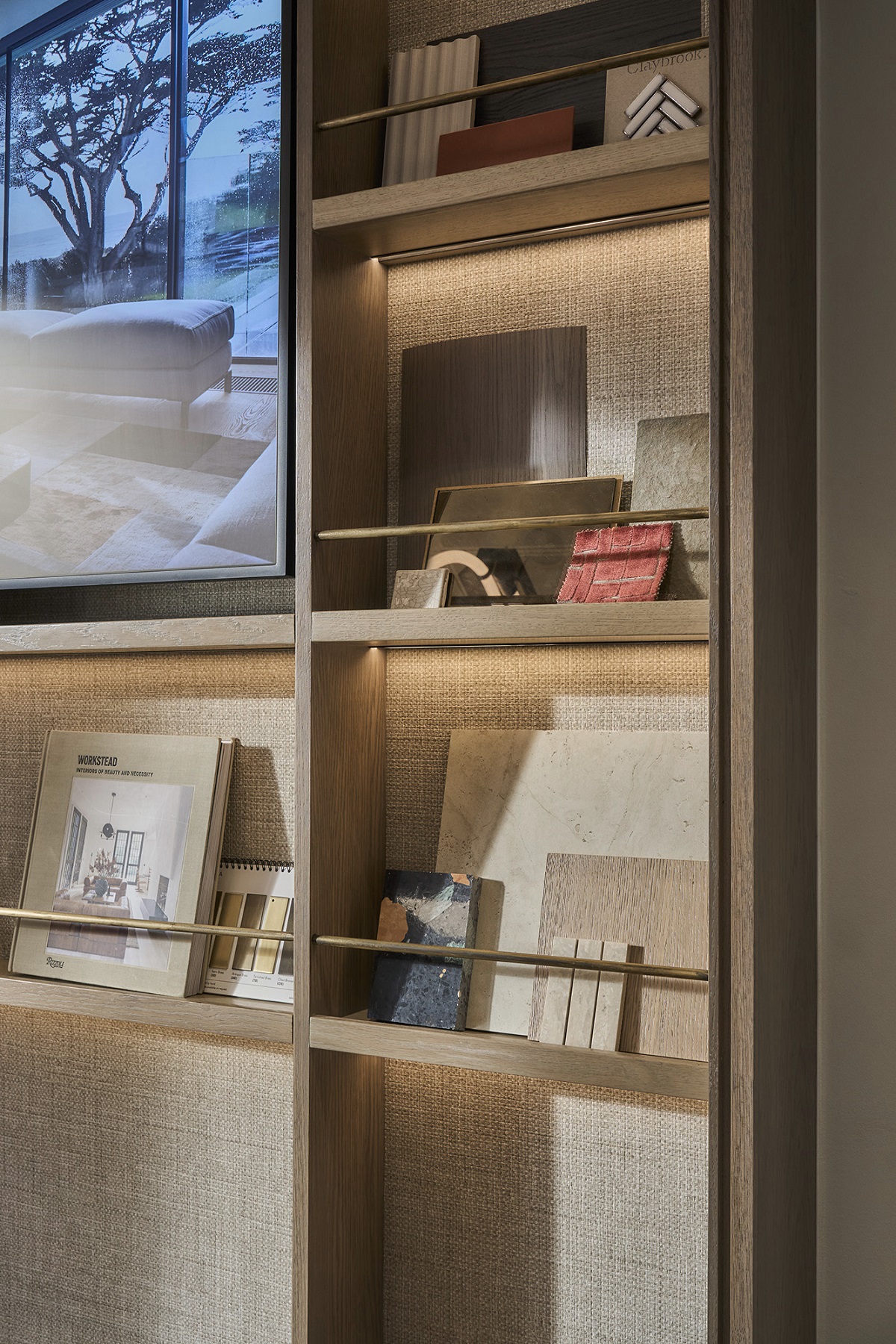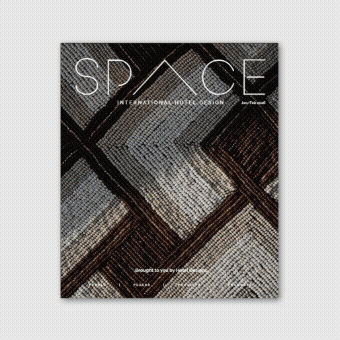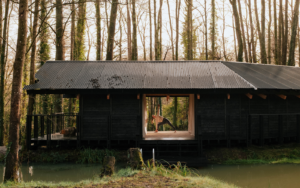A GUIDE TO HOTEL DESIGN PT 94:
In an era where the term ‘sustainable’ has been diluted by overuse and greenwashing, OCCA’s approach to sourcing materials stands out as a pillar of integrity. Studio Founder and Principal Kate Mooney, along with Purchasing and Procurement Director, Karen Moon, share their thoughts on genuinely sustainable surface materials…
OCCA has built a reputation for creating narrative-led hospitality spaces that marry cutting-edge design with meaningful environmental practices. Founder and Principal Kate Mooney, alongside Purchasing and Procurement Director, Karen Moon, has spotlighted a selection of unconventional eco materials the studio believes will redefine sustainability in design.
Mooney explained the philosophy underpinning their selections: “The challenge today is identifying materials and solutions that genuinely live up to the promise. At OCCA, we rigorously evaluate new materials to ensure they meet the demands of our design vision and our clients’ operational needs while delivering real environmental benefits. These materials are solutions we feel confident integrating into projects without compromise.”

Image credit: OCCA
Repurposing food waste in design
To support a hospitality concept for a global brand, OCCA researched the possibility of products made from food waste – a new use of surplus resources that would otherwise contribute to global waste problems. More specifically, reusable food containers made from repurposed food waste. “These containers represent a closed-loop approach to sustainability,” Moon explains. “Not only are they made from discarded materials, but they’re also durable and endlessly reusable, which is key to reducing single-use plastics in the hospitality industry.”
Beyond containers, furniture is also being reimagined through the lens of food waste. For example, feature tables and chairs manufactured from repurposed agricultural by-products. “The craftsmanship and durability of these pieces prove that waste can be transformed into something beautiful,” Mooney adds. “It’s this kind of material innovation that challenges perceptions and elevates the conversation around sustainability.”
Fabrics from unexpected origins
Eco-conscious textiles have become a focal point for OCCA, with materials derived from milk and fruit waste leading the charge. Uniforms made from milk waste are one example. They use biotechnology to turn milk into sustainable fibre that can be used to make clothing, medical supplies and packaging. “This isn’t just a gimmick,” Moon clarifies. “The fibres are soft, breathable and durable, making them ideal for high-traffic hospitality environments. Plus, they offer an alternative to synthetic fabrics that rely on fossil fuels.”
Similarly, textiles made from pineapple leaves – an agricultural by-product often discarded – are bringing new life to soft furnishings and accessories. “What excites us about pineapple textiles is their versatility,” Mooney notes. “They can be used in everything from wall panels to upholstery, creating opportunities to incorporate eco-conscious materials in striking, tactile ways.”
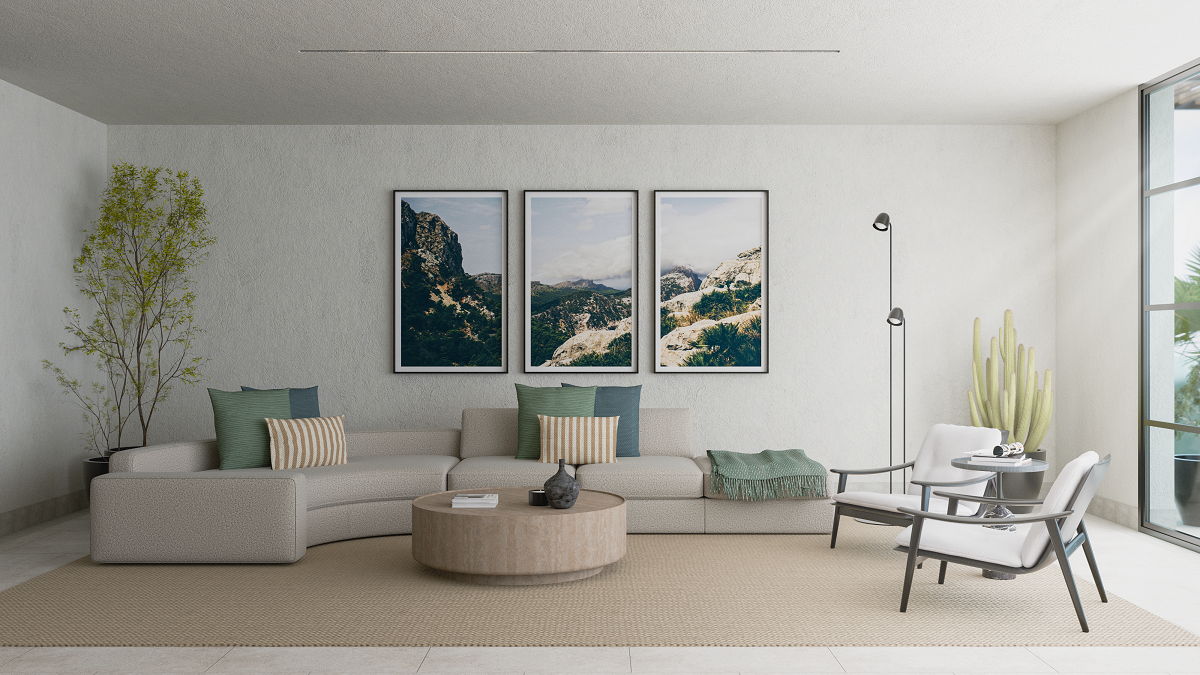
Image credit: OCCA
Nature-inspired leather alternatives
The search for sustainable alternatives to traditional leather has unearthed a truly groundbreaking option: leathers made from mushrooms. “Mushroom leather is a gamechanger,” says Mooney. “It offers the luxurious look and feel of traditional leather, but with a fraction of the environmental impact. It’s biodegradable, cruelty-free, and incredibly durable.”
OCCA sees this material as a perfect fit for high-end interiors, particularly in furniture, headboards, and decorative finishes. “It allows us to deliver the level of sophistication our clients expect while staying true to our commitment to sustainability,” Moon adds.

Image credit: OCCA
Outdoor furniture with a purpose
For outdoor spaces, OCCA is turning to furniture crafted from single-use milk cartons, an innovative material that addresses one of the hospitality sector’s biggest waste challenges. “The transformation of disposable packaging into weather-resistant, stylish furniture is a fantastic example of circular design,” says Moon. “It’s a reminder that waste doesn’t have to end up in a landfill – it can be reimagined as something valuable and enduring.”
Authenticity over aesthetics alone
At the heart of OCCA’s material selection process is a deep commitment to authenticity. “We’re not just ticking boxes or chasing trends,” Mooney emphasises. “Every material we propose has been thoroughly vetted – for its environmental credentials as well as its ability to perform in real-world hospitality settings. These are materials we trust. That trust, formed from rigorous research and development, allows us to integrate them into our designs without compromise.”
Moon echoes this sentiment: “Our role in procurement goes beyond sourcing. It’s our responsibility to ensure that every material we specify lives up to the OCCA standard. We believe our clients deserve nothing less.”
A sustainable future for hospitality
As the hospitality industry continues to grapple with its environmental footprint, OCCA’s thoughtful approach to materials sets an inspiring example. By cutting through greenwashing and championing genuinely innovative solutions that spark a deeper conversation, the studio is proving that sustainability and design excellence can go hand in hand. For Mooney, the goal is clear: “We want to create spaces that leave a positive impact on the world. These materials help us achieve that vision, and we’re excited to see how they shape the future of hospitality design.”
OCCA Design is one of our Recommended Suppliers and regularly features in our Supplier News section of the website. If you are interested in becoming one of our Recommended Suppliers, please email Katy Phillips.
Main image credit: OCCA









